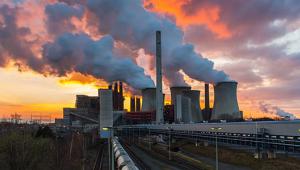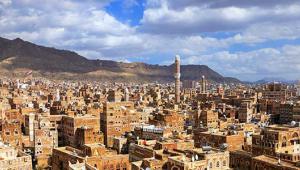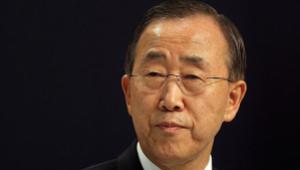The post-2015 sustainable development agenda is an UN-led initiative that aims build on the progress achieved through the Millennium Development Goals.This year marks the end of the landmark MDGs, which world leaders agreed 15 years ago. The UN said significant progress had been made in meeting all eight goals.
It highlighted that global poverty has been halved well ahead of the 2015 deadline, 90% of children in developing countries now enjoyed primary education, the number of people lacking access to improved drinking water had halved, and the fight against malaria and tuberculosis had shown results.
But the UN chief warned that obstacles still remained, noting that many countries’ attempts to raise public resources through taxation continued to be hampered by loopholes, tax avoidance and tax evasion, while private international capital flows were volatile.
‘All sources of funding must be tapped – public and private, national and international... Domestic resource mobilisation will be crucial,’ he said.
‘The world needs an international financial framework that is predictable and effective in meeting these challenges and achieving sustainable and inclusive development. We invite the private sector to be our partners in supporting and financing this agenda, including through partnerships and collaboration.’
Due to persistent challenges and the deadline of the MDGs set for the end of this year, the UN will develop a new set of measurable targets known as the sustainable development goals (SDGs).
Delivering a statement on behalf of UN General Assembly president Sam Kutesa, acting president Nicholas Emiliou called on member states and all stakeholders to ensure that accessed resources were utilised ‘effectively and efficiently’.
‘While businesses should take into account profit and shareholder value, they have opportunities to realise long-term success contributing towards achievement of sustainable development, including through partnerships and collaboration with the public sector,’ he said.
‘Mobilising financing for critical infrastructure such as energy, transport, water and sanitation, as well as for [small and medium enterprises], is instrumental for structural transformation, economic growth, social inclusion and environmental sustainability.’








